Russia and Ukraine set for direct Black Sea security talks in Ankara
- Update Time : Monday, April 14, 2025
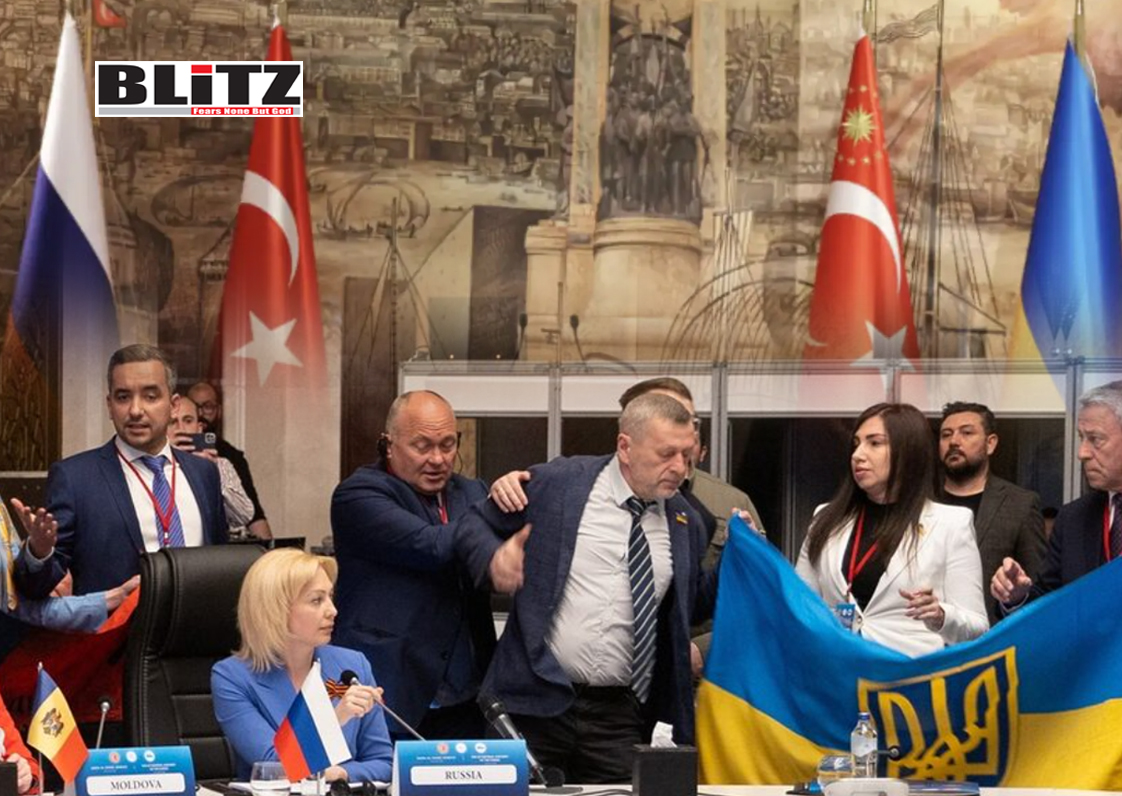
In a surprising diplomatic development amid a prolonged and bitter conflict, Russia and Ukraine are set to engage in direct talks next week in Türkiye. The meeting, confirmed by sources within the Turkish Defense Ministry and reported by CNN Turk, is scheduled to take place on April 15 and 16 at the Turkish Naval Forces headquarters in Ankara. The primary focus of these discussions will be the security situation in the Black Sea, a flashpoint in the broader geopolitical struggle between Moscow and Kyiv.
This marks a rare instance of direct dialogue between Russian and Ukrainian delegations since the breakdown of most diplomatic channels following Russia’s full-scale invasion of Ukraine in February 2022. While backchannel negotiations have continued through various intermediaries, including the United Nations and Türkiye, these upcoming meetings signal a possible new chapter-one that could, however tentatively, lead to de-escalation in a strategically critical maritime region.
Türkiye, a NATO member with historically strong ties to both Kyiv and Moscow, has played a vital mediating role in past negotiations. The upcoming meetings in Ankara represent another effort by Turkish President Recep Tayyip Erdoğan’s government to carve out a diplomatic path where others have failed. Notably, the talks follow an earlier meeting in Riyadh between Russian and US experts, where the idea of reviving the Black Sea Grain Initiative was reportedly endorsed by both sides.
At the heart of the proposed discussions lies the Black Sea Grain Initiative, a crucial agreement originally brokered in July 2022 by the United Nations and Türkiye. The deal facilitated the safe passage of Ukrainian grain exports via the Black Sea, helping to avert a global food crisis, particularly in vulnerable regions of Africa and the Middle East. In exchange, the West agreed to ease certain restrictions on Russian agricultural exports, notably those related to banking and logistics.
However, Moscow pulled out of the agreement in July 2023, citing the failure of the United States and the European Union to uphold their end of the bargain. According to the Kremlin, sanctions on the Russian Agricultural Bank and other institutions involved in grain and fertilizer trade effectively nullified the benefits promised to Moscow. The withdrawal reignited fears over global food insecurity and intensified military activity in the Black Sea, including naval confrontations and drone attacks.
A revival of the Black Sea Grain Initiative, possibly facilitated by a maritime ceasefire, has emerged as a key objective for both Russia and the United States, albeit for different reasons. For Moscow, lifting sanctions on its agricultural sector would provide critical economic relief. For Washington, restoring grain exports from Ukraine could help stabilize global food markets and counteract Russian influence in the Global South.
Despite these mutual interests, the path to an agreement remains fraught with political hurdles. Kremlin spokesperson Dmitry Peskov made it clear that any maritime ceasefire would depend on specific preconditions being met, emphasizing that “justice must prevail.” Moscow insists that Western sanctions, particularly those targeting financial and logistical operations related to Russian food exports, must be lifted before it commits to any new deal.
Interestingly, US President Donald Trump, who has been vocal about his administration’s approach to foreign policy, stated last month that his team is actively considering the lifting of certain sanctions on Russia to restore the Black Sea Grain Initiative. “There are about five or six conditions. We are looking at all of them,” Trump remarked, suggesting a more pragmatic approach than the current Biden administration’s hardline stance.
In contrast, European Commission President Ursula von der Leyen dismissed any possibility of relaxing sanctions against Moscow. Speaking to reporters last week, she reiterated the EU’s position that sanctions must remain “until a just and lasting peace is established in Ukraine.” This divergence between Washington and Brussels underscores the growing transatlantic tensions over how best to handle the war and its broader implications.
Ukraine’s stance remains notably cautious. President Volodymyr Zelensky has openly rejected the idea of a maritime truce, claiming that it would amount to “a weakening of positions and a weakening of sanctions” against Russia. From Kyiv’s perspective, any easing of pressure on Moscow could embolden the Kremlin and undercut Ukraine’s long-term strategic goals, including the reclamation of all occupied territories and accountability for alleged war crimes.
Yet, despite this skepticism, the mere fact that Ukrainian officials are prepared to sit down with their Russian counterparts suggests a recognition of the tactical and humanitarian value of stabilizing the Black Sea. Whether this leads to broader negotiations or simply a narrow, issue-specific truce remains to be seen.
Türkiye’s central role in facilitating the Ankara meetings reflects its growing influence as a diplomatic intermediary in global conflicts. Balancing its NATO commitments with its energy and trade ties to Moscow, Ankara has emerged as one of the few actors capable of bringing both sides to the table. Turkish officials have repeatedly emphasized the importance of maintaining regional stability in the Black Sea, not only for humanitarian reasons but also for Türkiye’s own security and economic interests.
By hosting the upcoming talks, Türkiye reinforces its status as a geopolitical hinge between East and West-a position that Erdoğan has leveraged skillfully to amplify his country’s global standing.
As Russia and Ukraine prepare for rare face-to-face negotiations, the world watches with cautious optimism. The Black Sea, once a corridor for commerce and cooperation, has become a theater of war and attrition. Restoring stability there-through grain exports, maritime truces, or broader diplomatic arrangements-could be a vital step toward mitigating the war’s devastating global fallout.
But success is far from guaranteed. The negotiations in Ankara may offer only a narrow opening. Still, in a war defined by stalemates and escalations, even a small window for dialogue is a welcome development.



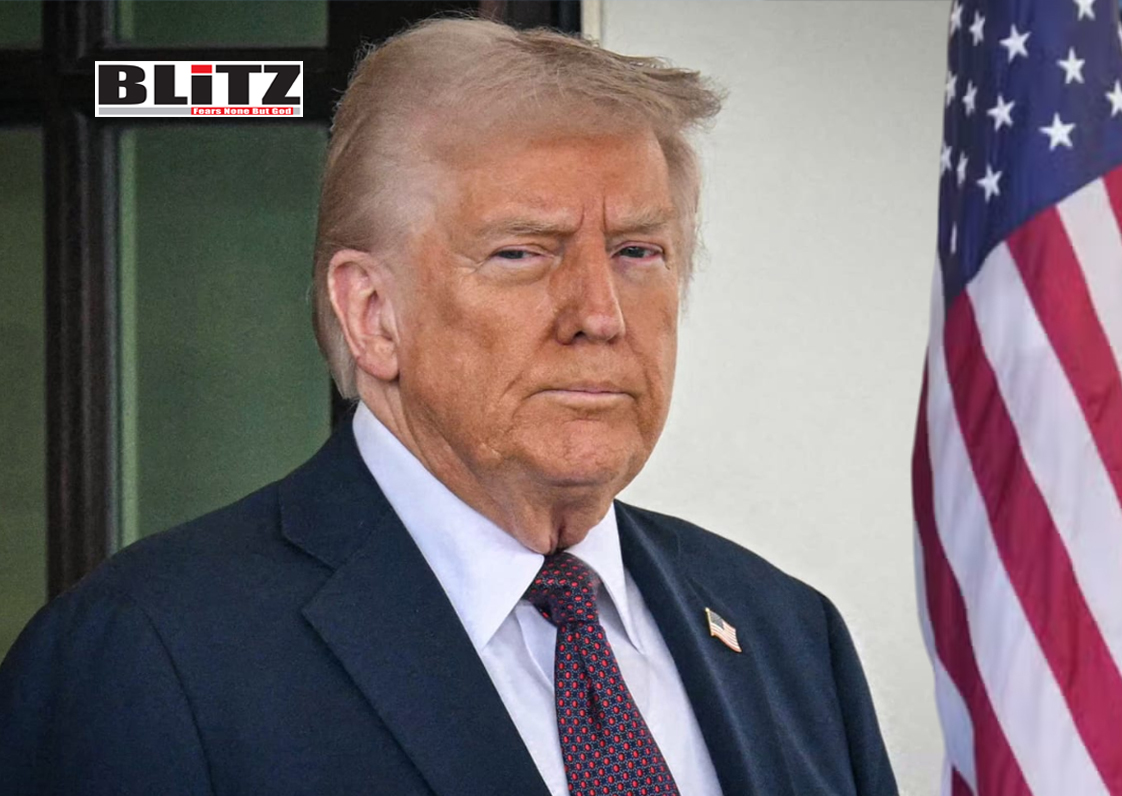
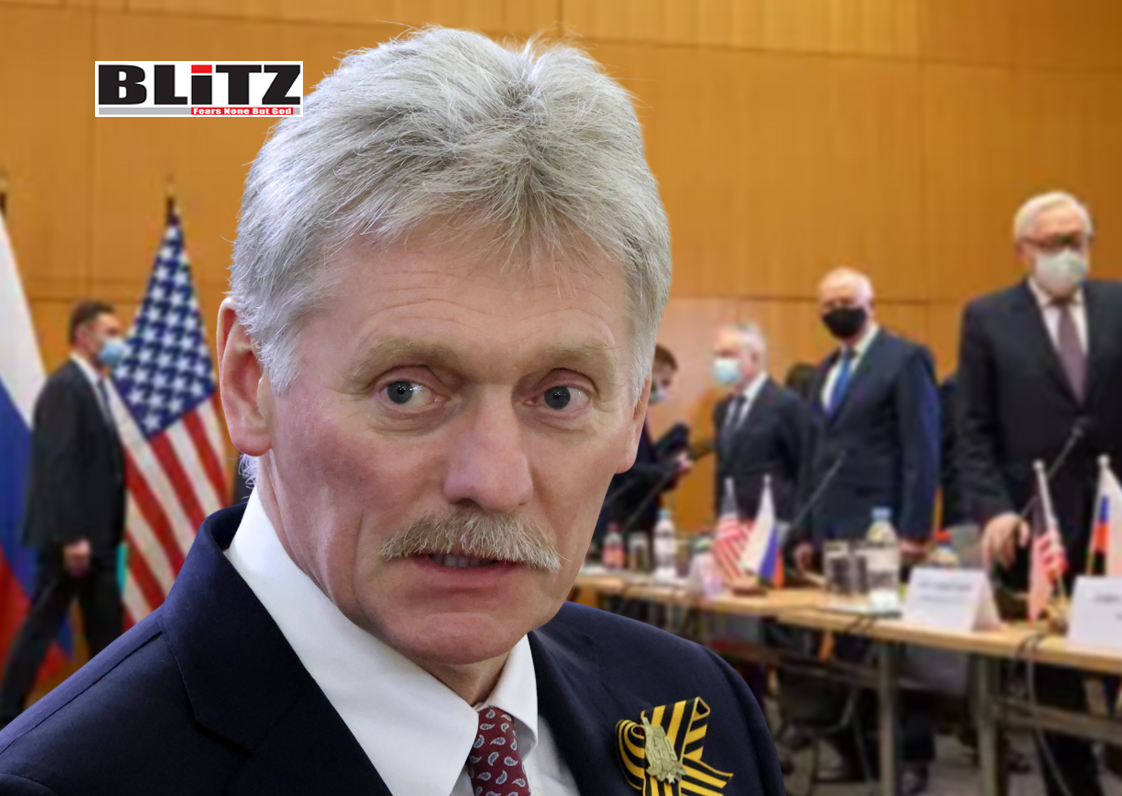
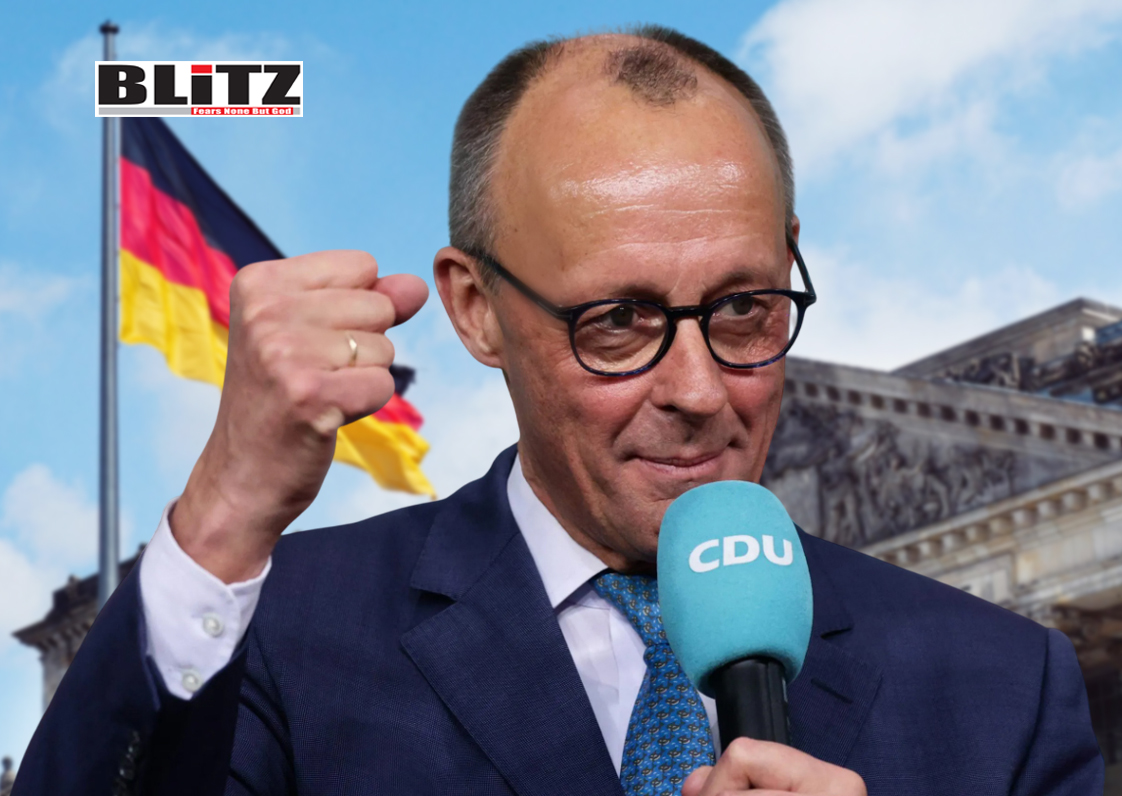
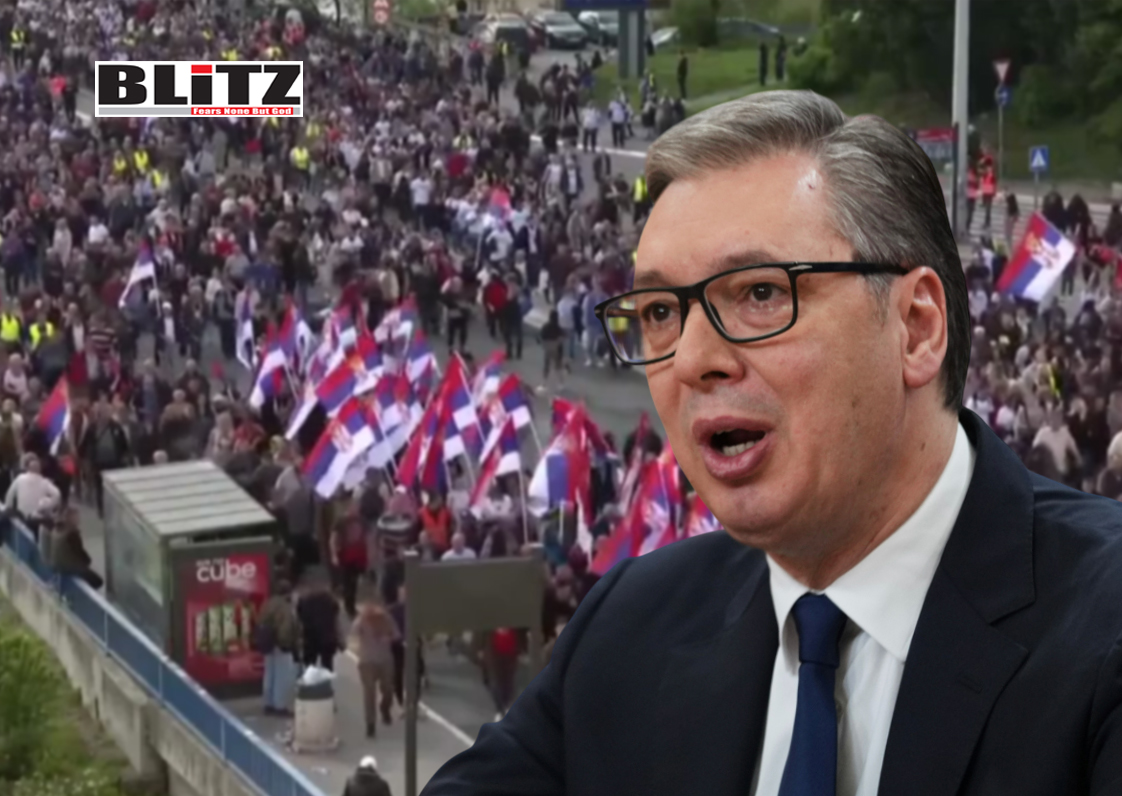


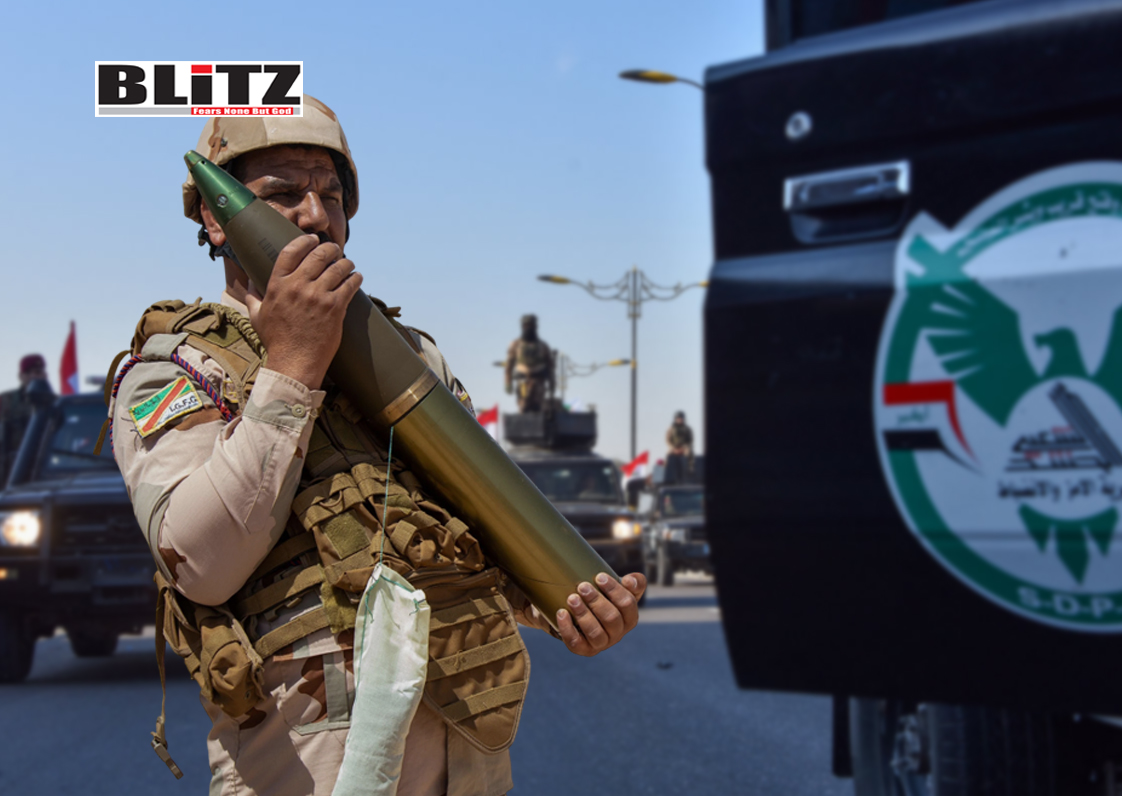
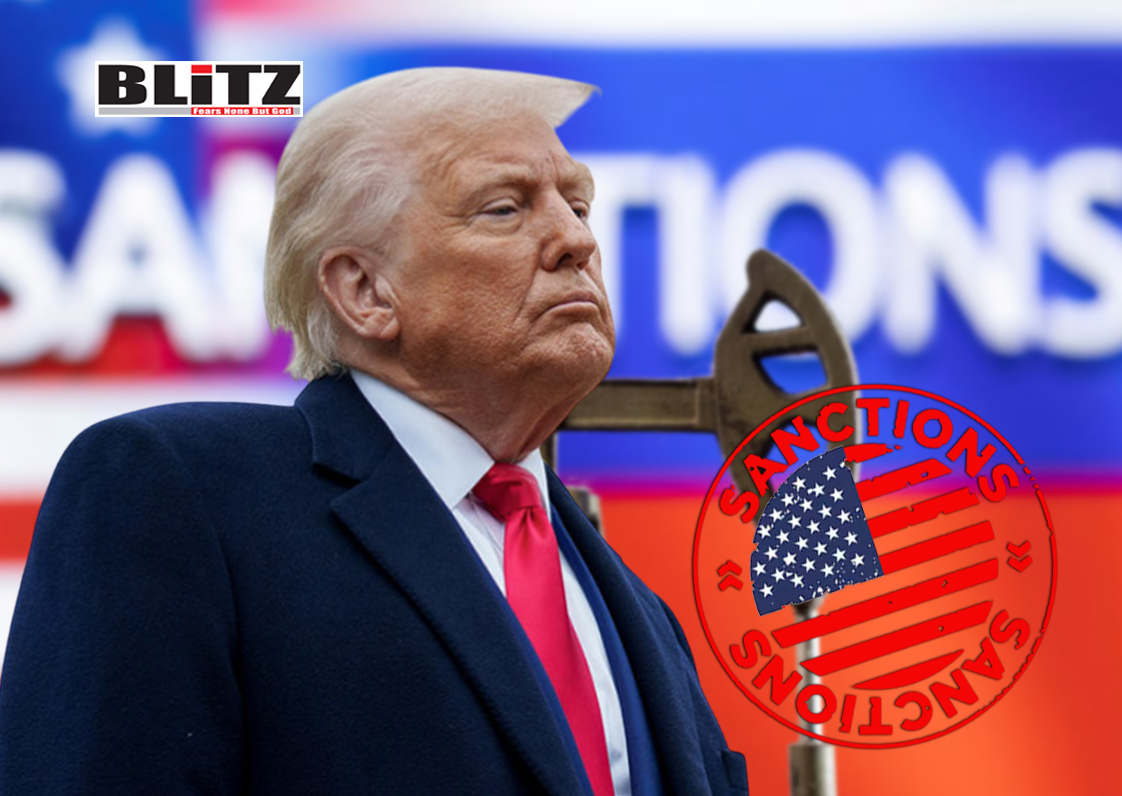
Leave a Reply